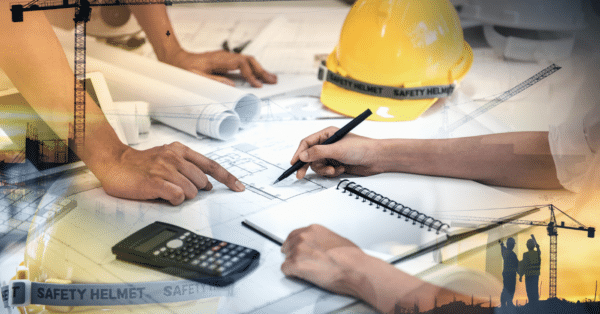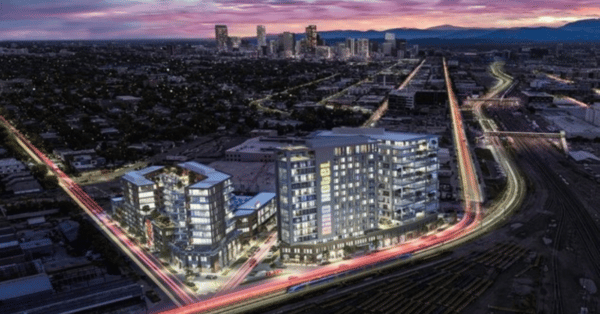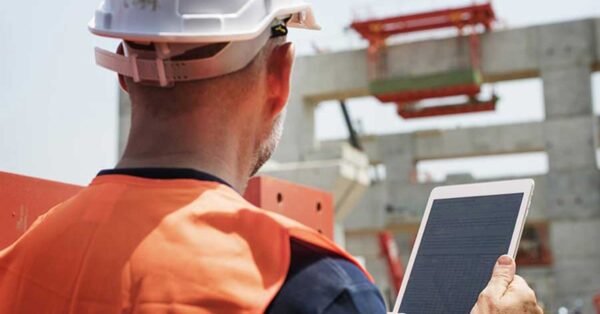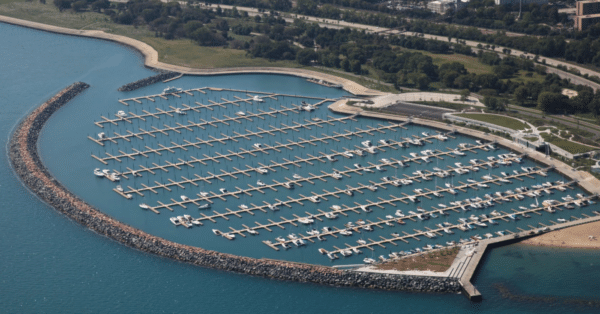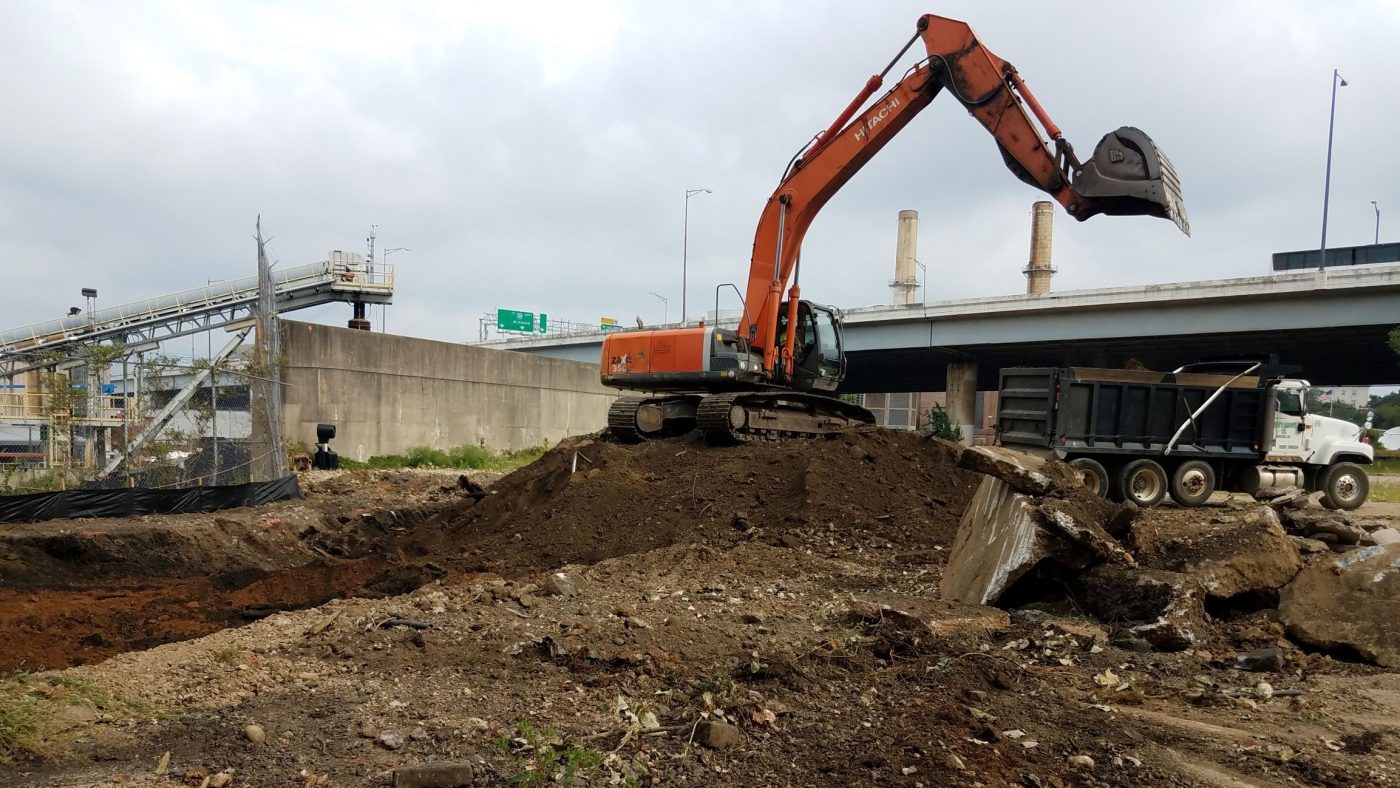Environmental Concerns in Real Estate Redevelopment
Environmental consultants execute an often unseen yet critical role on the real estate redevelopment projects that reshape the communities where we live, work, and play. Typically, a potential redevelopment project starts with a Phase I Environmental Site Assessment (ESA). This familiar document in the commercial real estate world is often required to satisfy lenders and internal risk managers when acquiring property to make sure any existing environmental impacts are identified before the developer potentially assumes responsibility for them as the new property owner. On an urban redevelopment project, it is not unusual for a Phase I to identify multiple Recognized Environmental Conditions (RECs) related to past or current, on-site or off-site operations that have left their mark on the site’s soil or groundwater. For a redevelopment project, a Phase II subsurface investigation is then typically conducted to characterize the extent of the impacts to soil or groundwater so that the developer can understand the additional costs that will be required to manage contamination and their effect on the overall project’s viability. And that’s where things can get interesting.
Soil and Groundwater Contamination
Certain contaminants are common and somewhat routine during urban redevelopment projects. For example, most states have well-established petroleum and underground storage tank (UST) regulatory programs that outline specific requirements and standards for achieving regulatory “closure” when dealing with petroleum contamination. However, other contaminants may not be as tightly regulated, and may, therefore, present increased uncertainty on how they must be managed and the costs to do so.
Voluntary Cleanup Programs (VCP)
In the absence of a defined regulatory program to deal with existing contamination, the remaining option is often enrollment in a voluntary cleanup program (VCP). Voluntary cleanup programs, where available, often provide an effective mechanism to engage a regulatory agency on the redevelopment of a contaminated site – one that is not otherwise subject to a regulatory enforcement action – and to procure the “closure” that lenders and risk managers often seek.
In many cases, owners have three options:
- No action and continue status quo;
- Voluntary action without state engagement; or,
- Enrollment in the VCP.
This is where understanding the costs, benefits, and nuances of the program are key.
Voluntary Cleanup Program Pros and Cons
Without a doubt, it will cost money to take a site through a voluntary cleanup program between regulatory fees, site characterization costs, and remedial actions to protect current and future site users from environmental risks. These impacts can often be accounted for on a redevelopment project but may become a deal-killer if a developer or owner simply needs to get that regulatory “clean bill of health” for a lender on an acquisition site that is not planned for redevelopment. Owners need to know if receipt of a certificate of completion through a voluntary cleanup program justifies the costs and inconveniences of compliance. This is where the advice of an experienced environmental consultant is invaluable.
How Can VERTEX Help?
A thorough understanding of the potential risks posed by existing contamination as well as the projected requirements and costs to complete the VCP process will inform the decision on whether or not enrollment makes sense. Every voluntary cleanup program and state regulator is different, and not every release is eligible for voluntary cleanup in every jurisdiction. And, we can’t forget that some states have no voluntary cleanup programs at all.
With 27 offices throughout the U.S. and a resume of numerous active and completed VCP projects, VERTEX understands the factors that influence the decision to enter or not enter a VCP and we are uniquely qualified to help our clients successfully manage environmental conditions impacting real estate.
To learn more about VERTEX’s Environmental Consulting services or to speak with an Environmental Expert, call 888.298.5162 or submit an inquiry.
